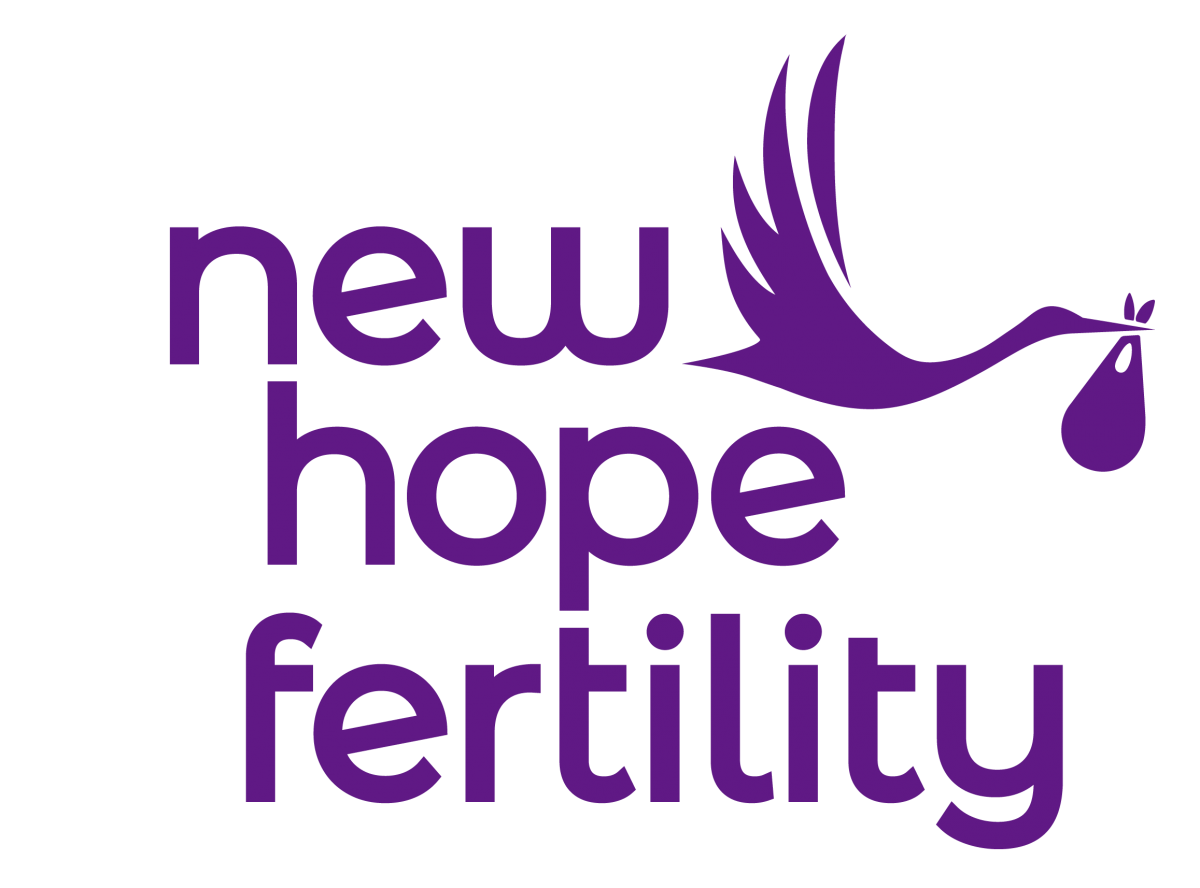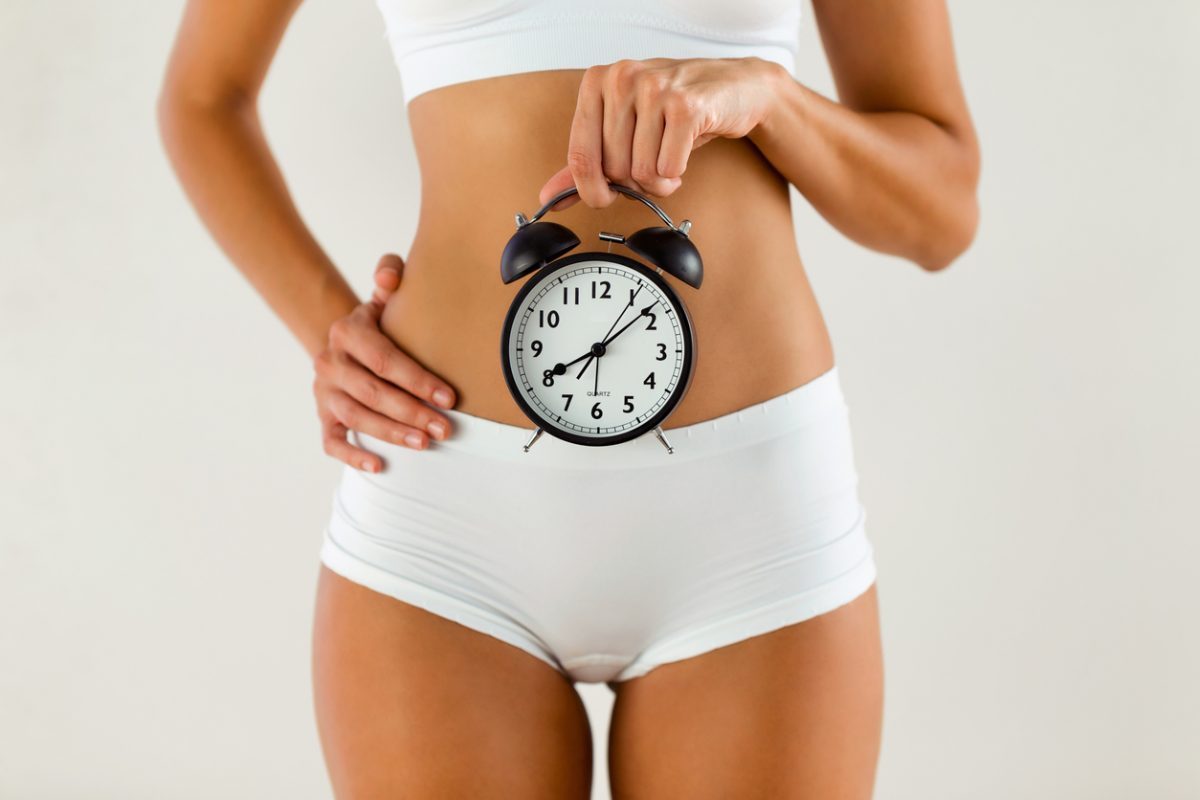If you’re a woman in her late 20s or early 30s, there are many different reasons you might ask: Should I freeze my eggs? Maybe you’re worried about potential health issues, waiting to meet Mr. Right, or simply focusing on your career. Whatever the reason, it’s no surprise that the process of egg freezing, also known as oocyte cryopreservation, has risen in popularity in recent years.
In order to help you make a more informed decision, we’ve put together a little FAQ addressing some of the most common questions asked by women who are contemplating the process of egg freezing.
When Should You Freeze Your Eggs and Other FAQs:
How does the egg-freezing process work?
Egg preservation is a three-step process. First, in order to retrieve as many quality eggs as possible, you will undergo a cycle of hormone injections to help your ovaries mature several eggs at once. The second stage is bloodwork and physician monitoring to check your egg production and hormone levels. The third step is retrieval, a procedure that utilizes a transvaginal ultrasound to collect the eggs. These are then immediately flash-frozen and stored at ultra-cold temperatures in a process known as vitrification.
Why freeze your eggs?
As mentioned above, there is no single answer to the question: Why do women freeze their eggs? Every woman has her own reason, from fertility-threatening chemotherapy to career aspirations that delay the start of a family. But at its core, the driving motivation behind the decision to opt for egg preservation is the simple desire to keep open all your options regarding a future pregnancy.
When should you freeze your eggs?
There is no perfect age for when you should freeze your eggs. Again, every decision is influenced by individual factors. Typically, the younger you are when you opt for preservation, the higher the quality of the eggs that are retrieved and frozen will be. For someone wanting to have a large family but who can’t start until later, they may want to freeze their eggs while they’re still in their mid-20s, while someone else may not see the need until later in their 30s. Ideally, egg freezing before the age of 35 is recommended.
Is there an egg-freezing age limit?
Technically, there is no egg-freezing age limit, although the quality of your eggs declines with age, which can greatly impact your ability to get pregnant. To complicate matters, there’s no way to determine the quality of the egg before freezing, which is why most doctors recommend having the process done by the age of 35 to ensure the best success rates.
Do eggs have an expiration date?
While it’s best to have your eggs preserved before the age of 35, there’s no expiration date on the frozen eggs. As long as you’re healthy and in good shape, you can come back to your eggs for fertilization well into your 40s.
Should I freeze my eggs?
It all depends on your personal circumstances. If you’re a healthy woman wanting to postpone pregnancy, or you’re facing a medical procedure that may threaten your future fertility, oocyte cryopreservation may very well be the perfect solution for you. Be sure to speak with your doctor about your situation to get all the facts before making your decision!
Why New Hope?
New Hope Fertility Center is home to world-renowned fertility specialists. We custom-design fertility treatments for the individual to increase the chances of a successful pregnancy. Our specialists believe in putting the patient first and being with them through every step of the fertility journey. Our team is well-versed in helping women of all ages reach their fertility goals and we are passionate about educating, and supporting our patients throughout their journey. If you want compassionate fertility care, New Hope is the right place for you. Call us at (347) 970-8479 or schedule your initial consultation today!

